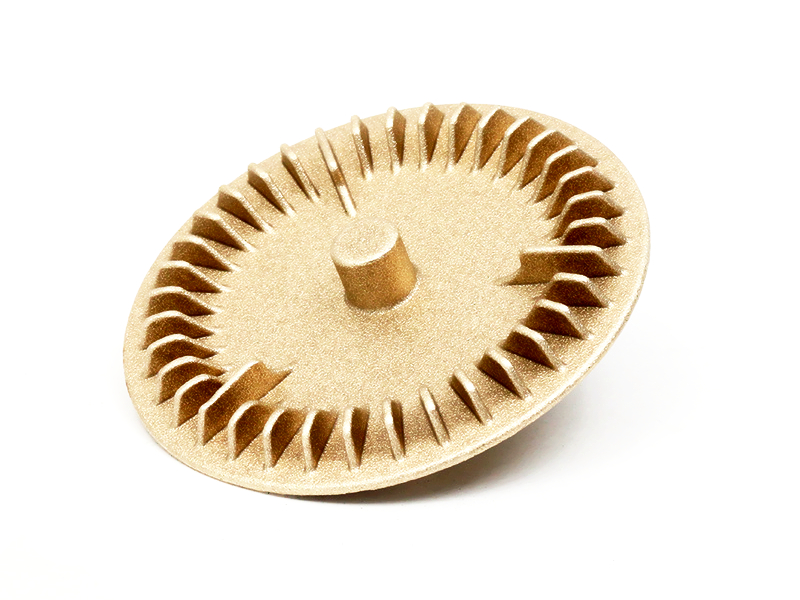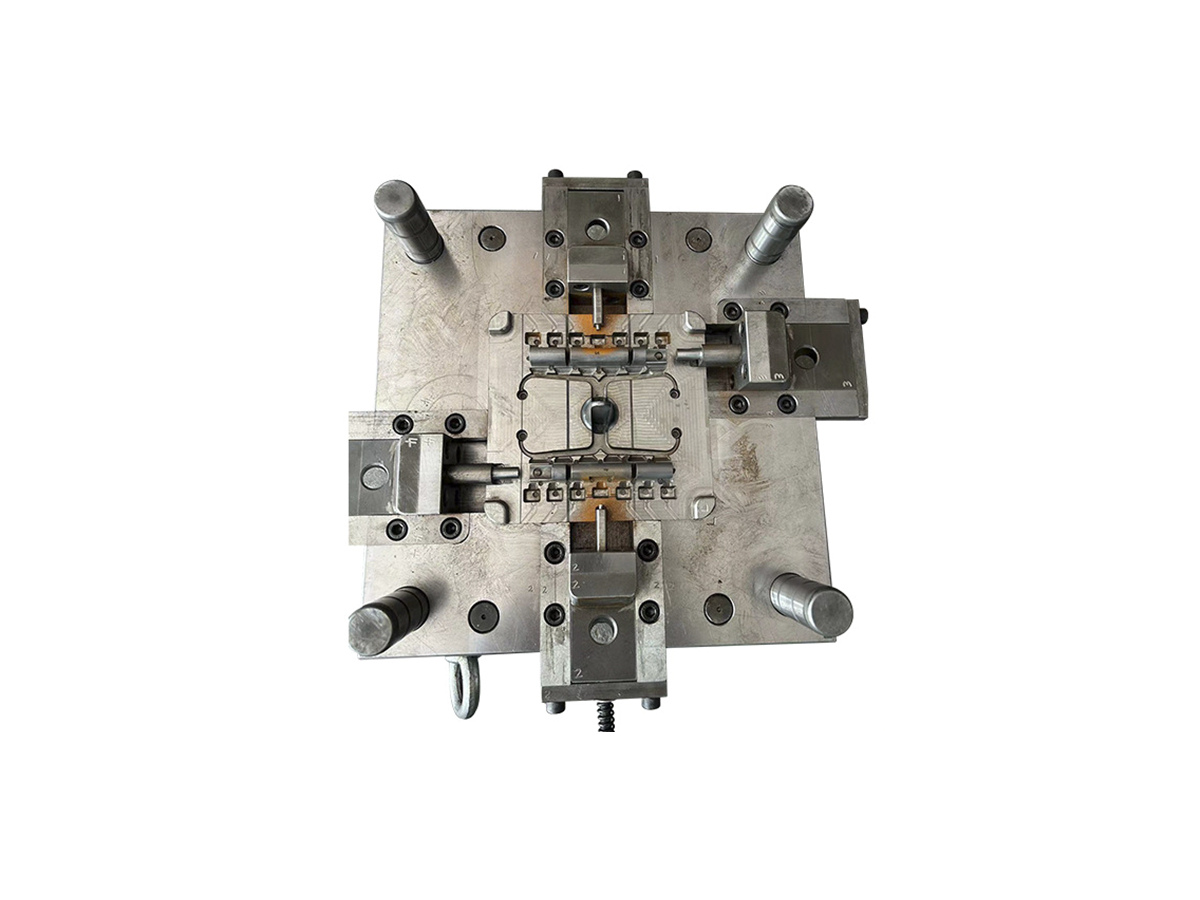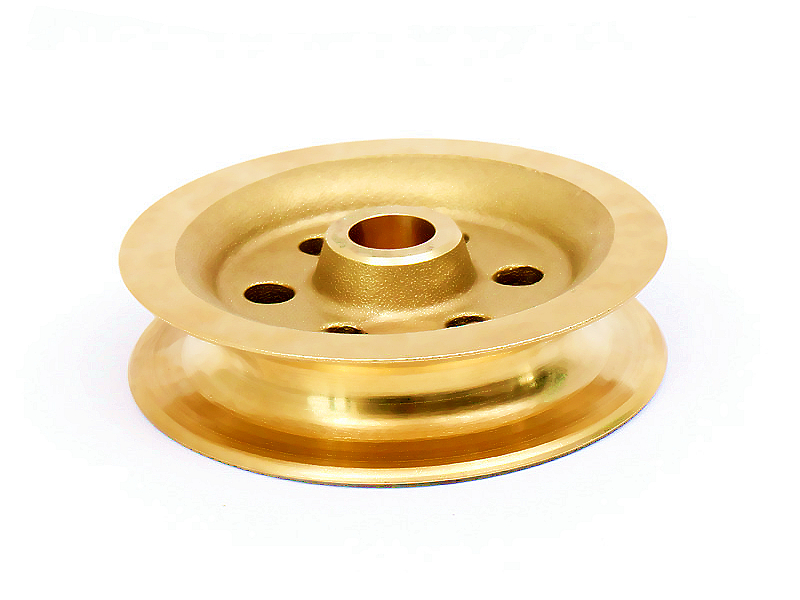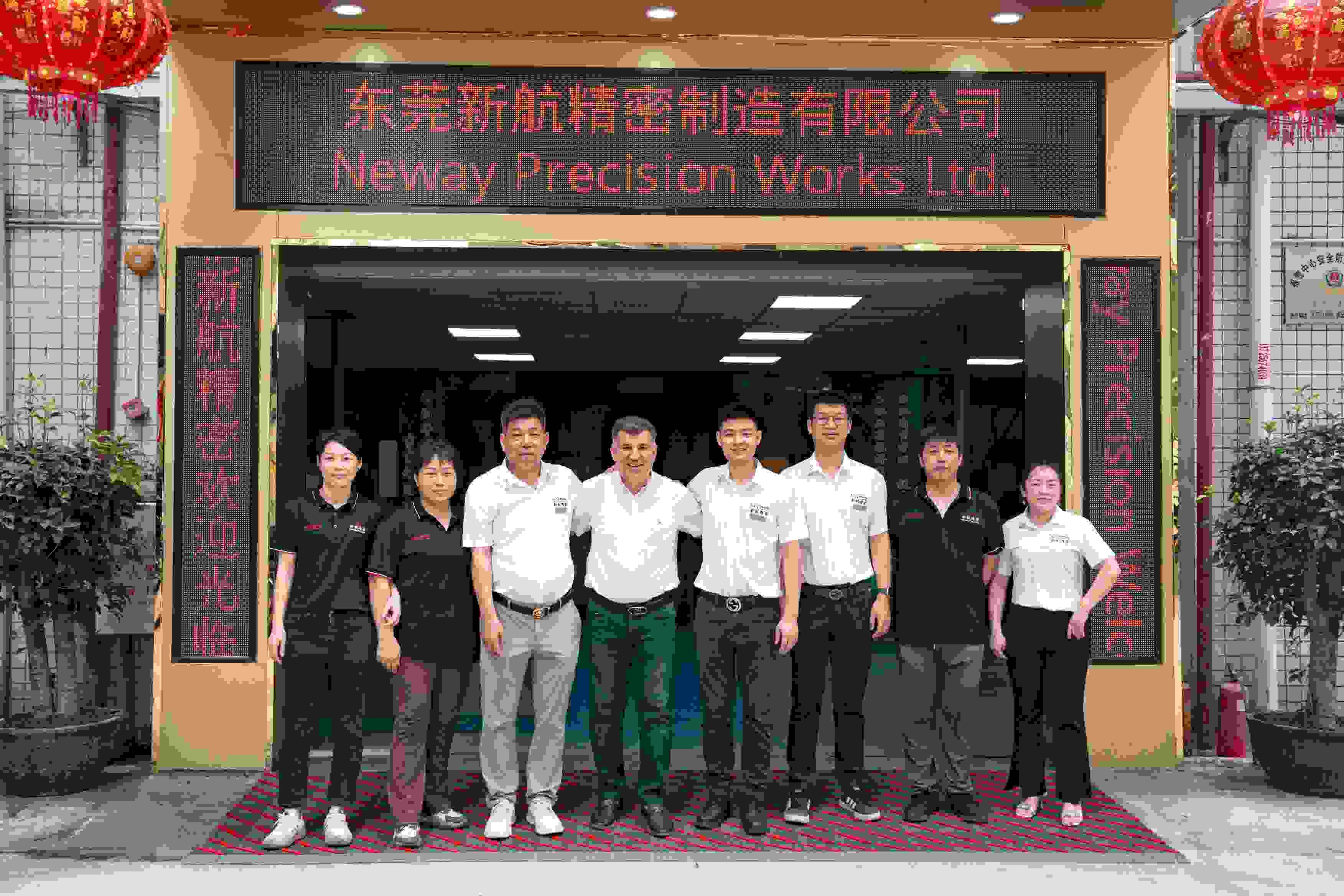Can die cast brass components be certified for drinking water use?
Can Die Cast Brass Components Be Certified for Drinking Water Use?
Brass Die Castings and Potable Water Safety
Yes, die cast brass components can be certified for drinking water applications when they meet regulatory standards for lead content, corrosion resistance, and material integrity. Modern brass alloys—such as C87850 Silicon Brass and Brass 464—are engineered to comply with global drinking water safety regulations including NSF/ANSI 61, NSF 372, and the EU RoHS directive.
Key Certification Standards for Drinking Water Brass
NSF/ANSI 61 – Regulates the health effects of materials used in drinking water systems. It sets limits for contaminant leaching.
NSF/ANSI 372 – Specifies a lead content threshold of ≤0.25% by weight, applicable to lead-free brass used in potable water systems.
EN 1982 and ISO 6509 – Address dezincification resistance and corrosion performance for plumbing metals.
Neway Die Casting uses lead-free or low-lead brass compositions that conform to these certifications, making them suitable for applications such as faucets, valves, backflow preventers, and meter bodies.
Suitable Brass Alloys for Drinking Water Use
Alloy | Lead Content | Certification Ready | Common Applications |
|---|---|---|---|
C87850 Silicon Brass | ≤0.25% | NSF/ANSI 61, 372 | Press fittings, manifolds, valves |
Brass 464 (Naval Brass) | Low | EN 1982, ISO 6509 | Coastal plumbing, industrial water outlets |
C84400 Semi-Red Brass | Moderate (not lead-free) | Conditional | Water meters, non-potable plumbing systems |
Process Control and Testing
Neway ensures water-contact brass components meet certification through:
Controlled alloy composition using certified ingots
Precision die casting for consistent material density and microstructure
Post-machining for threaded interfaces and sealing surfaces
Laboratory testing for leachability, dezincification, and dimensional compliance
Customer-Oriented Services for Certified Water Components
Neway Die Casting offers end-to-end support for certified plumbing and water system parts:
Lead-Free Brass Casting: Safe, compliant brass alloys for potable systems
Precision Machining Services: Threaded and sealing surfaces manufactured to tight tolerances
Engineering Consultation: Design support to meet NSF and ISO drinking water standards



